North Carolina Central University (NCCU) is a first-choice public university offering bachelor’s degrees in 100 disciplines, master’s degrees in more than 40 areas, and a Ph.D. in Integrated Biosciences. Located in Durham, North Carolina, part of the state’s Research Triangle, NCCU has an enrollment of 8,100 students from North America, Africa Asia, South America, and Europe. NCCU is ranked the third-highest public Historically Black College and University (HBCU) in the nation by U.S. News & World Report and was named 2016 HBCU of the Year by HBCU Digest.
NCCU offers graduate and undergraduate degrees in several areas, including law, business, education, nursing, the biosciences, social sciences, and liberal arts.
The Institute for Homeland Security and Workforce Development in College of Behavioral and Social Sciences specializes in training for emergency response by rural communities, faith communities, and low-income, low-wealth communities.
As a member of the Consortium, North Carolina Central University delivers the following courses:
- MGT 401 – Planning and Intervention for Security Threat Groups, Hate, and Terrorist Groups in Rural Jails and Prisons
- MGT 405 – Mobilizing Faith-Based Community Organizations in Preparing for Disaster
- MGT 406- Community Threat Group Identification, Assessment and Information Reporting for Rural Law Enforcement Officers

NorthWest Arkansas Community College (NWACC) was founded in August 1990 with 1,200 students. Today, NWACC serves more than 15,000 students in college credit and non-credit courses in Benton and Washington counties. NWACC is a comprehensive, public two-year college that serves to empower lives, inspire learning, and strengthen communities through accessible, affordable, quality education. The commitment of NWACC to life-long learning can be seen in the quality of instruction it offers, and the variety of programs it has designed to move students into the job market in a minimum amount of time, enrich people’s lives, and prepare them to further their education.
Established in 2005, the Institute for Corporate and Public Safety (ICPS) is part of the Workforce and Economic Development division at NWACC. During its tenure, ICPS developed and maintains 15 instructor-led and online courses that to date have been delivered throughout the United States and territories, and trained more than 14,000 people.
As a member of the Consortium, NWACC delivers the following courses:
- AWR 232 – Mass Fatalities Planning and Response for Rural Communities (*V)
- MGT 381 – Business Continuity Planning (*V)
- MGT 403 – Access and Functional Needs Preparedness Planning for Rural Communities (*V)
- MGT 416 – Continuity of Government Operations Planning for Rural Communities (*V)
- MGT 433 – Isolation and Quarantine for Rural Communities (*V)
Note: (*V) indicates courses available as both in-person, instructor-led courses and virtually delivered courses.

The Western Institute for Food Safety and Security (WIFSS) is a University of California, Davis (UC Davis) program of the School of Veterinary Medicine and College of Agricultural and Environmental Sciences.
The WIFSS mission is to serve the global community by conducting research, developing training, and providing outreach programs that will enhance the health and security of people, animals, and the environment.
WIFSS serves as a valuable resource for state and federal agencies, academic institutions, the veterinary profession, interest groups, and the public on all matters related to food safety. Our extension and education programs apply o One Health approach in developing the means of identifying, and more specifically preventing future foodborne outbreaks. We focus on reducing the risk factors leading to contamination of raw agricultural products and reducing the pathogens associated with animal products.
As a member of the Consortium, UC Davis delivers the following courses:
- AWR 328 – All Hazards Preparedness for Animals in Disasters
- MGT 448 – All Hazards Planning for Animal, Agricultural, and Food Related Disasters

The University of Findlay (UF), located in Findlay, OH, is an RDPC member. It is a private liberal arts college founded in 1882. It is home to over 5,000 students. The University of Findlay’s All Hazards Training Center (Findlay All Hazards) provides customized education, training, and information transfer programs focusing on environmental, safety, and health (ESH) issues as well as security management and emergency/disaster preparedness for both industry and emergency responders across the U.S.
Findlay All Hazards strives to keep the customer training needs paramount by the fact that 90% of training occurs onsite at client locations. Since inception in 1986, the training center has trained over 225,000 people coast-to-coast. UF annually trains, on average, more than 11,000 people in over 600 classes in over 40 states across the U.S. and Canada. UF is one of few institutions nationwide that integrates ESH, Emergency/Disaster Preparedness training, and the opportunity to earn ESH undergraduate & graduate degree programs.
As a member of the Consortium, Findlay delivers the following courses:
- AWR 144 – Port and Vessel Security (*V)
- AWR 147 – Rail Car Incident Response (*V)
- AWR 148 – Crisis Management for School Based Incidents (*V)
- AWR 302 – Pipeline Security for Rural Communities
- AWR 311 – Small Vessel Security for Rural Communities
- MGT 417 – Crisis Management for School-Based Incidents for Key Decision Makers

RDPC continues to work with the University of Tennessee Institute of Agriculture (UTIA) to develop courses specifically for tribal nations. Instructors from UTIA work with tribal nations to determine the needs of the community prior to each training.
Through its colleges, research and education centers, and county extension offices, the University serves the people of Tennessee and beyond through the discovery, communication and application of knowledge. UTIA, working wit the University of Tennessee – Knoxville, is committed to providing undergraduate, graduate and professional education programs in a diverse learning environment that prepares students to be leaders in a global society. The Institutes delivery of education, discovery, and outreach contributes to the economic, social and environmental well-being of all Tennesseans and focuses on contemporary problems faced by Tennessee, the nation, and the world.
As an affiliate of the Consortium, the University of Tennessee delivers the following courses:
- MGT 449 – Community Based Response to All-Hazards Threats in Tribal Communities
- PER 333 – Isolation and Quarantine Response Strategies in the Event of a Biological Disease Outbreak in Tribal Nations







